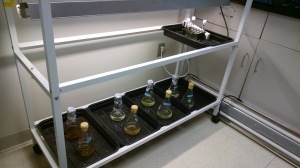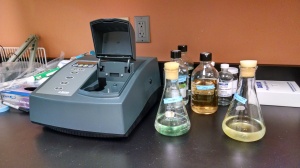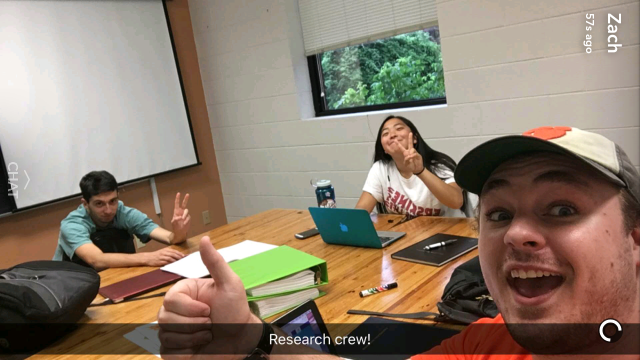I used to think that research would be like baking a dessert. After procuring all of the necessary ingredients and instruments, a person could simply follow the recipe’s directions in order to prepare some form of tasty goodness. Easy as cake, right?
Wrong. In actuality, research is like a 5,000 piece puzzle that requires you to shape and decorate each individual puzzle piece before assembling the pieces into an exact replicate of Van Gogh’s Starry Night masterpiece. There is one piece of good news however: you can sift through and use the surplus of background information and methods that were written by strangers who once attempted this challenge.
You don’t know where to start? You don’t know how to get to where you’re going? You don’t know the first thing about puzzles except that the goal is to have a completed image? That’s okay! Part of the puzzle piece production purpose is to figure everything out as each day comes. Your plans are going to change daily as you overcome and encounter unforeseeable obstacles. On some days, you’re going to feel like the Puzzle Master Supreme who rules over all such puzzles with a wise and powerful hand. On other days, you will feel like the court jester who spends all of his time running around and looking like a fool.
If there’s one thing that research has taught me so far (other than the ever important skill of counting cells with a hemocytometer), it’s perseverance. To be honest, I’m a quitter. Typically when the going gets tough, the tough get going… and I go the other way. Research is different. In the past two weeks, I have concocted several different escape plans, but I have to finish this, whether as a success or a giant flop of failure. I have had to summon the courage to face my mistakes and failures head on as well as the fortitude to find the causes and solutions to the problems. I am utterly thankful for and dependent on the encouragement and support that comes from my family, my friends, and my professors. Perseverance is a painful lesson to learn, but is definitely a life lesson that I am sure to utilize for the rest of my life.



You must be logged in to post a comment.